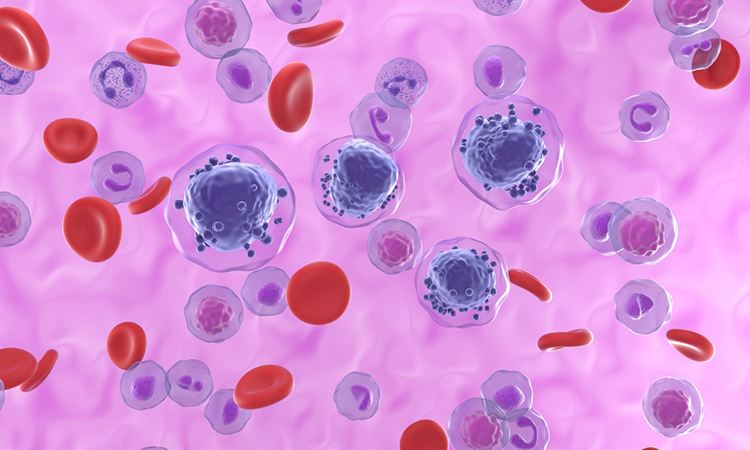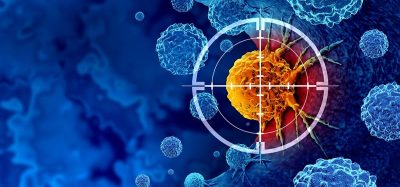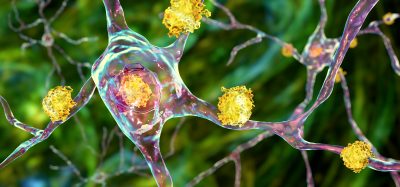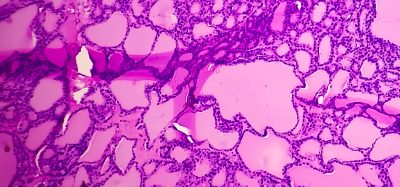PLK4 inhibition: a new therapeutic for AML
Posted: 24 January 2024 | Drug Target Review | No comments yet
PLK4 inhibition could be a novel therapeutic for an acute myeloid leukaemia subtype carrying the TP53 mutation.


Scientists from the University of Hong Kong (HKUMed) have identified PLK4 as a new therapeutic for acute myeloid leukaemia (AML) carrying the TP53 mutation. These findings could offer the foundation for clinical trials in this AML subtype, improving patient outcomes.
AML is a blood cancer caused by genetic changes in blood stem cells in bone marrow and currently has a lack of effective treatment options. Typical treatments include intensive chemotherapy and blood stem cell transplantation, but, overall, only 40 percent of patients can be cured.
A subtype of AML, carrying a mutation of a tumour suppressive gene named TP53, responds poorly to conventional treatment, resulting in a high mortality rate within a year after diagnosis. Therefore, specific therapies are urgently required for this disease.
Led by Dr Anskar Leung Yu-hung, the team conducted an analysis of gene expression and pharmacological vulnerabilities in different AML subtypes and identified the polo-like kinase 4 (PLK4) gene, which is a major regulator of cell division. This gene is specifically active in TP53 mutated AML, which is a subtype of the disease that is highly vulnerable to prolonged PLK4 inhibition. PLK4 inhibition induces DNA damage, cell aging and abnormal cell division.
The researchers found that the combined effects of histone modification and polyploidy activate the cGAS-STING pathway, which triggers the immune system. These results have been consistently observed in both the laboratory setting and animal models.
Using a monoclonal antibody against CD47, in combination with the PLK4 inhibitor, enhanced the macrophage killing capability, synergistically reducing the leukemic burden and achieving prolonged animal survival.
This is the first study showing the therapeutic effect of PLK4 inhibition on mutated AML. It is also the first to demonstrate the therapeutic mechanism of the cGAS-STING pathway and the immune system.
The Haematology Division at Queen Mary Hospital will become one of the treatment sites in which the effect of a PLK4 inhibitor in AML patients will be tested.
This study was published in Blood.
Related topics
Cancer research, DNA, Genetic Analysis, Oncology
Related conditions
acute myeloid leukaemia (AML), Cancer Research
Related organisations
University of Hong Kong (HKUMed)
Related people
Dr Anskar Leung Yu-hung (HKUMed)








